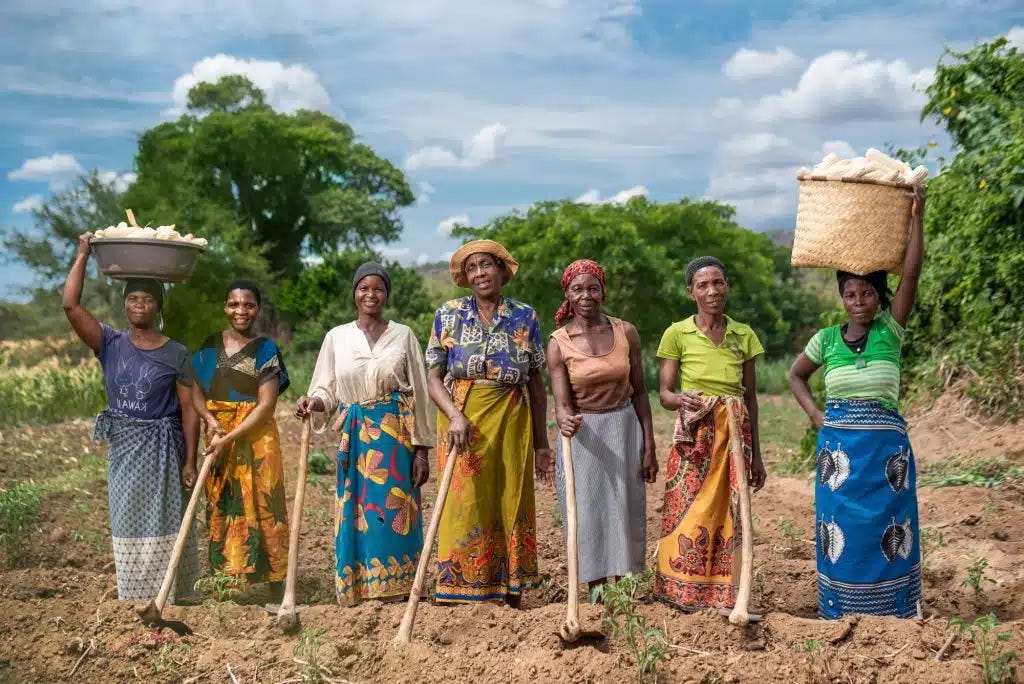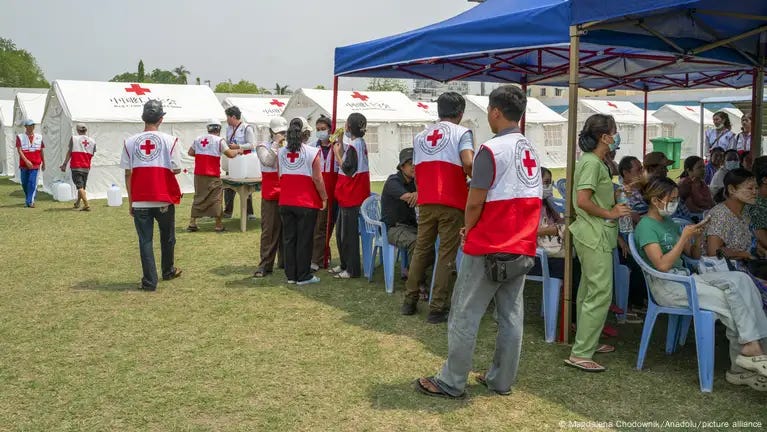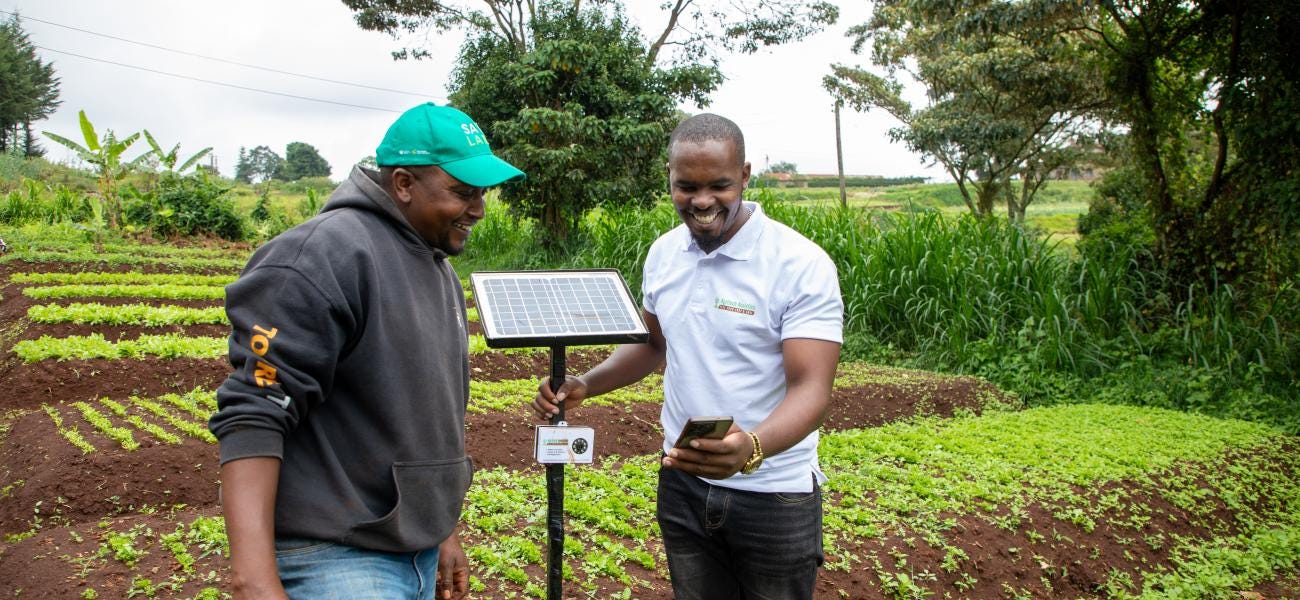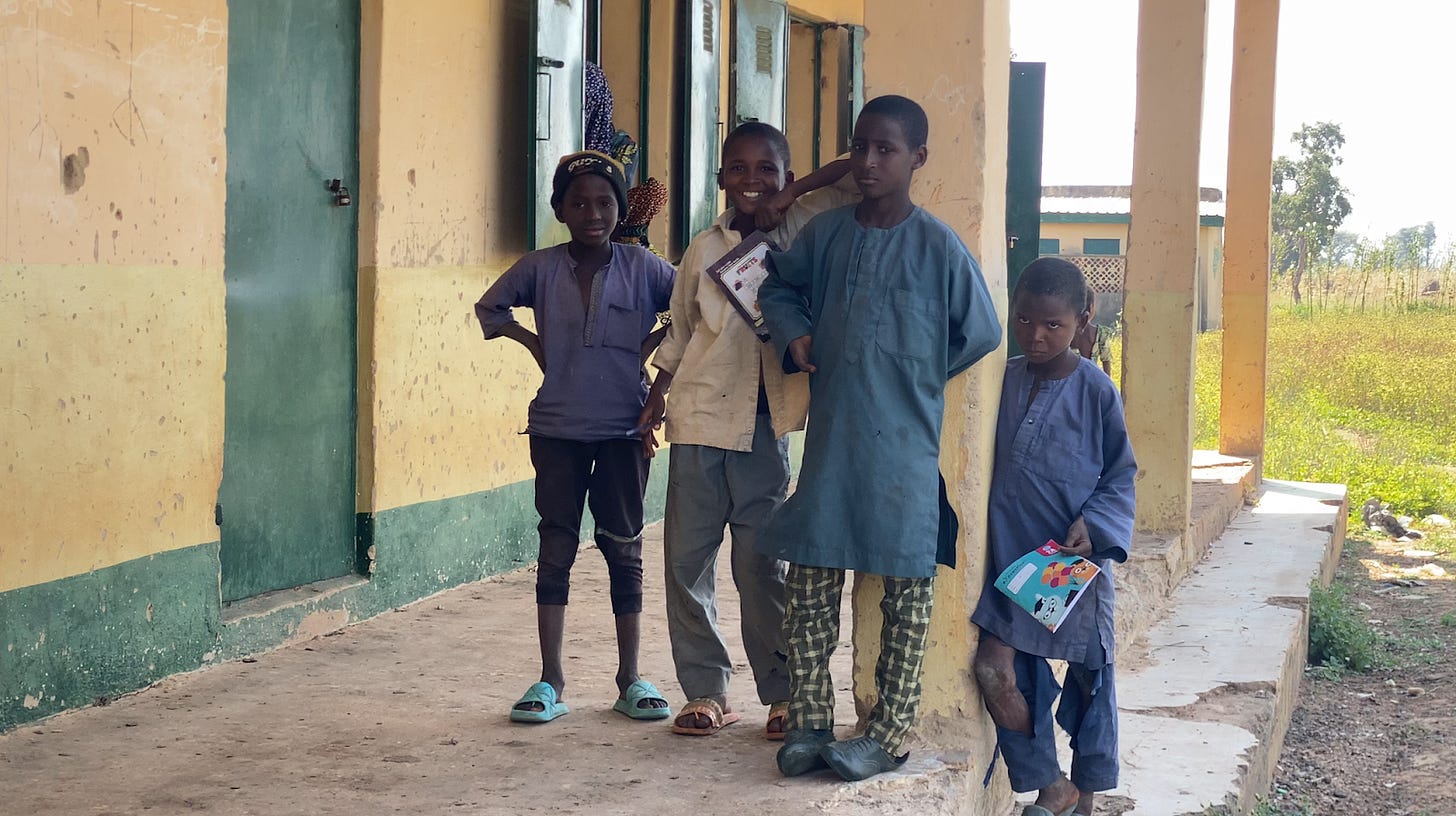Developmental Insights Edition 8
Correct the Map: An Important Campaign to Share
Welcome to Edition 8 of Developmental Insights! Due to the long weekend we’re having in the UK, this week’s newsletter has been published today (Saturday 19th April), rather than yesterday (Friday 18th April). Wherever you are in the world, I hope the sun is shining and that you’re having an amazing weekend!
Other than being published a day later, Edition 8 of Developmental Insights has another change. In this edition, I will be sharing an important campaign that I have seen circulating social media rather than the traditional ‘In Discussion’ that I usually do. Please let me know if you enjoy seeing such content - by commenting or emailing developmentalinsights@gmail.com - so that I can continue doing so in future editions.
Before we go into this edition, I would also like to share that I have updated my ‘About Me’ page on Substack. Please have a look if you’re interested!
Finally, in this edition:
Combatting poverty in Malawian villages
Malawi is one of the most impoverished countries in the world with 70% of the population living below the international poverty line of $2.15 a day. The country suffers drastically from issues related to a lack of access to clean water, reliable food sources, quality education and job opportunities. The charity Villages in Partnership (VIP) works to address widespread poverty in villages.
VIP seeks to eliminate the root causes of poverty. It provides villages with critical resources such as clean water, food security, education, healthcare, infrastructure and economic opportunity. It also works collaboratively with local communities, listening to their needs and issues. In addition, a key impactful initiative that VIP participates in is expanding access to clean water by helping to install 146 wells and water points around different villages.
Myanmar earthquake relief hampered by lack of aid
Following last month’s 7.7 magnitude earthquake - the country’s strongest since 1912 -, around 60,000 people have been living in tent encampments. The country suffered heavy damage wherein, apartment building blocks and hotels collapsed, while roads and bridges were destroyed. Relief efforts have been complicated by Myanmar’s devastating civil war, which has been continuous since the country’s military seized power in a 2021 coup.
As a result of repeated airstrikes, despite the ceasefire, aid workers are struggling to provide relief. The Progressive Voice Myanmar, an advocacy organisation working on the ground to support those affected by the earthquake, has stated that international aid has not reached areas of Sagaing (a town in central Myanmar) beyond the city. Internationally, teams from the US, China, the UK, Malaysia and South Korea have pledged millions of dollars in emergency aid while Thailand, Indonesia, the Philippines, Vietnam and India have sent rescue units to help.
Fake news and dirty politics flood Philippine social media
Since the arrest of the former president of the Philippines, Rodrigo Duterte, there has been a surge in disinformation on social media across the country. Duterte was arrested in March 2025 by the International Criminal Court (ICC) on charges of crimes against humanity. Fabricated content, included false endorsements from figures such as Donald Trump and staged mass rallies, flooded social media platforms.
Analysts have stated that these coordinated efforts aim to manipulate public perception and are likely to intensify as the May elections approach. The Phillippines’ vulnerability to such digital manipulation is exacerbated by its high social media usage and political polarisation. A threat to the democratic process is present as the spread of false information threatens to distort electoral discourse and erode public trust in institutions.
Reasons to invest in Africa digitally are vast
The African Continental Free Trade Area (AfCFTA) has a transformative potential on boosting intra- African trade by up to USD$22 billion annually especially in agriculture and commodities like cotton, oilseeds and textiles. Despite this potential, a lot of Africa’s raw materials are exported with minimal processing, leading to missed opportunities in job creation and economic growth. There is a need for digital infrastructure to be invested heavily so that value chains can be enhanced, there can be improved market access, and a reduction of dependency on imports.
Digital technologies are highlighted as significant tools for addressing challenges that are faced by smallholder farmers, such as limited access to capital, market information and logistics. The article concluded that Africa’s youthful population is well-positioned to drive digital innovation, with agritech startups emerging across the continent to support smart farming practices and financial inclusion.
Nigeria’s race for inclusive education leaves millions of nomadic children behind
Nomadic children in Kaduna - North West Nigeria - face significant barriers due to insecurity and poor infrastructure. Many schools are affected by terrorism, leading to declined enrollment and inadequate resources, with conditions to dire in some areas that schools operate without teachers.
This crisis is worsened by the intense migration of nomads searching for safe living conditions and sustenance for their livestock, meaning that adaptive educational solutions are needed. The National Commission for Nomadic Education struggles to address the crisis in nomadic education as there are over 5.5 million school age nomadic children out of school.
Correct the Map: An Important Campaign
For over 450 years, our understanding of Africa and the rest of the world has been based on a map that is wrong. Unfortunately, the Mercator Map is based on a distortion, misrepresenting the true size of Africa (and other places in the Global South) due to power and perception.
On the Mercator Map, Africa and Greenland are presented to be the same size, when in reality, the former is 14 times larger than the latter. The continent can fit the United States, China, India, and most of Europe combined.
The Equal Earth Projection poses a solution for this, showing the world as it truly is.
To view and learn more about the campaign, follow this link.
Thanks for reading edition 8 of Developmental Insights - I hope you enjoyed it and found it informative! Please subscribe to the newsletter if you would like to continue receiving it straight to your inbox every other Friday!
I am always open to suggestions or feedback so please send anything to developmentalinsights@gmail.com or, simply add a comment below!
I look forward to connecting with you further in future editions!
Best,
Harkiran







Such an eye opening piece ! 🛐